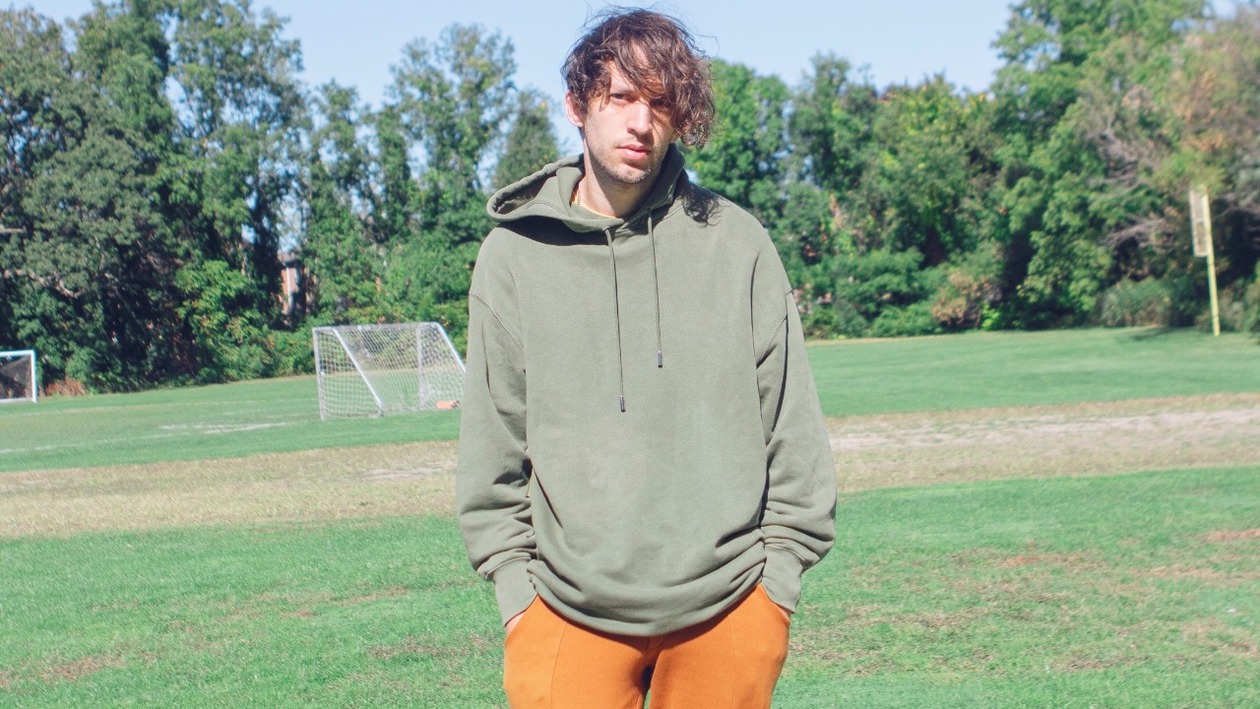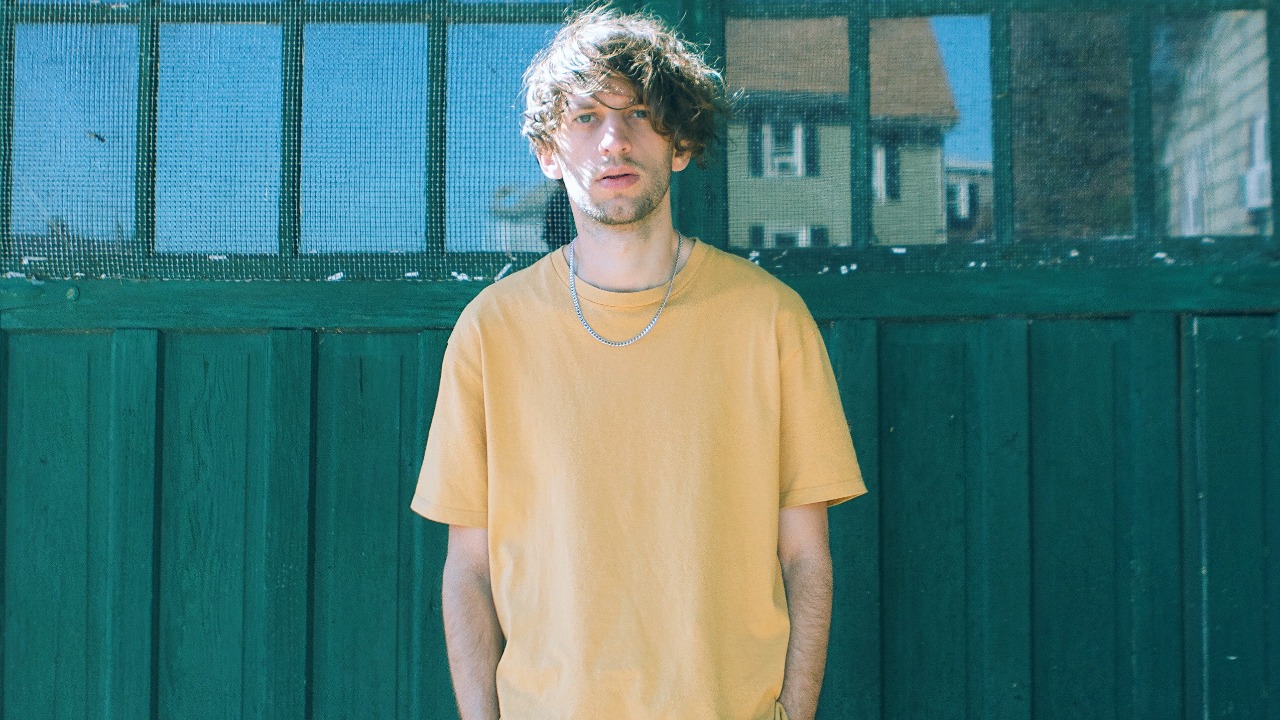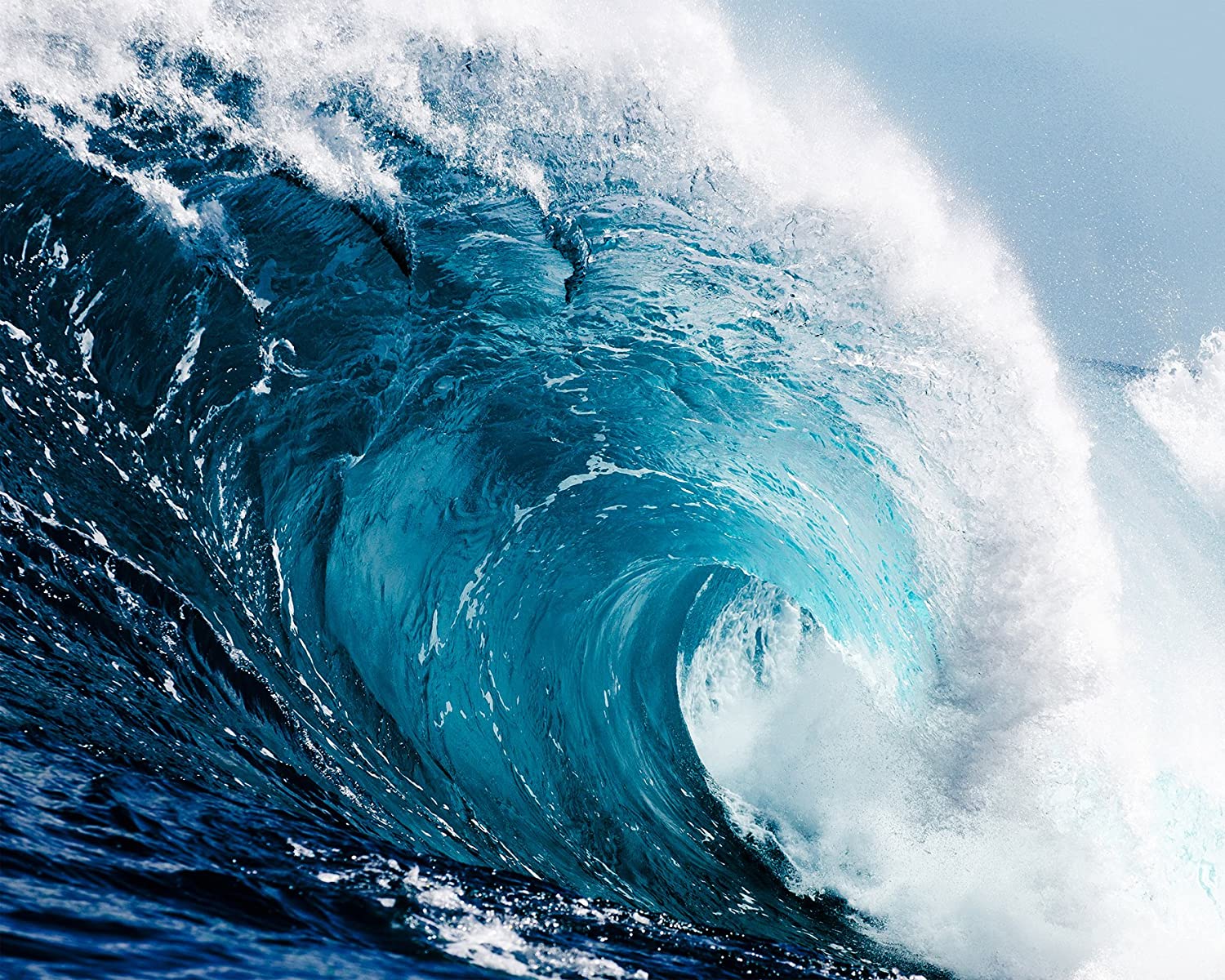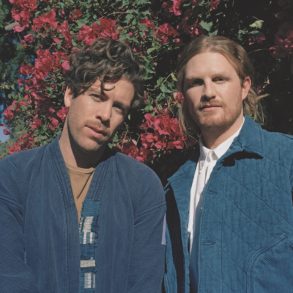Johan Lenox is a force of nature: singer, songwriter, orchestral composer and producer. Johan first made waves as the composer of Yeethoven, a concert featuring the music of Kanye West and Beethoven juxtaposed by a 50-piece orchestra. Since then his career has taken off on every level: Johan worked with Lil Nas X, Travis Scott, Kanye West, Big Sean, Selena Gomez, Alessia Cara, Teyana Taylor, Vic Mensa and many more; as a singer signed to Island Records, he has also released his own orchestral songs that merge the classical & pop sounds. With 2 successful EPs under his belt, Lenox continues to build momentum and is without a doubt one of the most exciting artists to watch.
We got to catch up with Johan and talk about his career and his quest to bring classical music into the mainstream.
SSW:Let’s talk about your background. When did you first discover your passion for music? Who has had the greatest influence on your taste in music over the years?
Johan Lenox: I was lucky enough to grow up in a house with a piano in it. I learned most of what I know about music from teaching myself piano. Later I got into John Williams’s film music, which sent me down the road of orchestral composition, toward purely classical music, which is what I composed for most of my early life.
Having started out as a classical composer, you got into the world of hip hop and pop music after being inspired by Kanye West and later creating the Yeethoven project. Now, years later you have worked with the biggest names in the industry and successfully released your own music. How has your sound and artistic vision changed since you first started writing?
It changes constantly even now. I think one particular challenge was finding a way to incorporate aspects of my classical background into my pop music. I didn’t initially want to focus on that because I see the pop music as standing on its own, but the more I worked at it the more clear it became that people really responded to that aspect of my background, and it helped me stand out. Eventually I want to shift my focus back to classical music, so it’s still important to me to distinguish between the two. I really do think pop music comes from a fundamentally different set of values from classical music, no matter how many cello parts I might include in a song.
When composing/producing, you mostly use classical orchestra instruments and you‘ve released your own orchestral songs. What made you want to stick with this route- integrating classical music into your sound, as opposed to creating more of a traditional pop sound?
During my brief time working with Kanye I got to do a lot of crazy stuff with strings, especially on the Teyana Taylor album, and I think seeing how much people liked that when it was on someone else’s project made me think, hey if everyone thinks this is so cool, why am I not making more use of it on my own records…why am I just giving this sound away to everyone else? So I think that really made me embrace it. I also do these big, stacked vocal harmonies on all my songs, and that’s another thing that I’ve always been able to do, but probably wouldn’t have emphasized as much, had Kanye not specifically told me he thought that shit was awesome. When I studied classical composition, my best teachers were always really good at saying “this thing you’re doing here is really unique — you should try doing more of that”.
If you had to describe your sound in terms of feelings, how would you describe it?
I think I’m just doing a big, over-the-top symphonic-sized take on what are generally thought of as very small emotions–uncertainty, malaise, doubt and growth. Hopefully that juxtaposition dramatizes how big a deal those things have been in my own life.
You’ve had a huge success with both of your EP’s (“Everybody’s Cool But Me” & “cancel the party”). Tell us about your music journey and what has that feedback been like for you?
Thank you for that. I’m glad with how they’re doing but I definitely feel like I’m at the beginning of a long journey still. I’m excited to get on tour whenever that becomes possible again. I don’t worry about numbers and play counts too much, but I get really excited if someone DMs me that they’re obsessed with one of my songs, or a project of mine. Even better when it’s not a single because that means they’ve really dug in. Ultimately a few hundred of those messages are worth way more than a few million plays from people who don’t care.
Your most recent single “Throwback Thursday” has been gaining lots of buzz and is now featured on many major playlists in different countries. Can you tell us more about it? What was the inspiration behind it and what was the creation process like?
As always there’s a heavy focus on nostalgia. The term “throwback thursday” is always used in the most dumb, spammy context that I thought it would be funny to write something sorta dreary around it, so that was a big factor as well. I started the idea with my friend Frans and ultimately did a ton of work on the production myself, including after I got the features locked in.
You have mentioned in one of your interviews, that you have been writing Broadway-style musicals and want to continue with that as well. Anything you are currently working on?
Yes! One of my considerations in leaving the East Coast and the classical and Broadway worlds to come to LA was knowing that I could safely return to both of those when I’m older, and that’s still 100% the plan. One thing I’m already working on now is a movie adaptation of a musical I co-wrote in 2012 called Independents, which was a folk-rock show about directionless kids who don’t know how to grow up. So … pretty much the exact same subject matter as my pop music haha.
The music industry has been severely impacted by the current global situation, and all of us have had to adapt and adjust our lives and plans. Have your plans for music releases changed? Have you found any new and creative ways to connect with your audience?
It’s definitely slowed things down a bit, but I’ve enjoyed going live on my instagram playing piano or making drinks at home. Also the quarantine spawned an entire album concept I’m working on with some friends right now, which is essentially a classical chamber music album assembled from fragments contributed by composers and performers in all different locations.
Any advice for aspiring songwriters/producers, about either the craft or music business?
It definitely depends on what you want to do, but generally just work hard, make a ton of stuff, move to LA if possible and release new music every month if possible, even if you’re a producer or writer primarily.

photo by Joe Pepin
Let’s talk about more of your personal journeys. What are the hardest lessons you have learned in life so far?
I think I’ve tended to overemphasize networking/hustling over just actually working on getting better at the craft itself. So I ended up with a lot of connections that I couldn’t capitalize on for a while. Now I’m more caught up.
How do you use your intuition in your creative process?
I write melodies pretty intuitively. That’s just a fundamental compositional skill that I’ve spent my whole life honing. I have more trouble following intuition with broader musical decisions, which I tend to make more rationally or analytically. But I do find it useful to play my music for friends who I respect because the feeling I get from doing that sometimes makes me realize I want to change certain things that I didn’t notice when I was by myself.
We’ve got one last question for you! Thinking of yourself as a soul on Earth, what do you think your purpose is?
To make classical music an important cultural force in America! That’s the entire reason I’m doing this stuff. I want to build enough of a platform for myself so I can enact some really large-scale plans I have on that topic.

photo by Kannetha Brown
Interview by Irina Liakh



